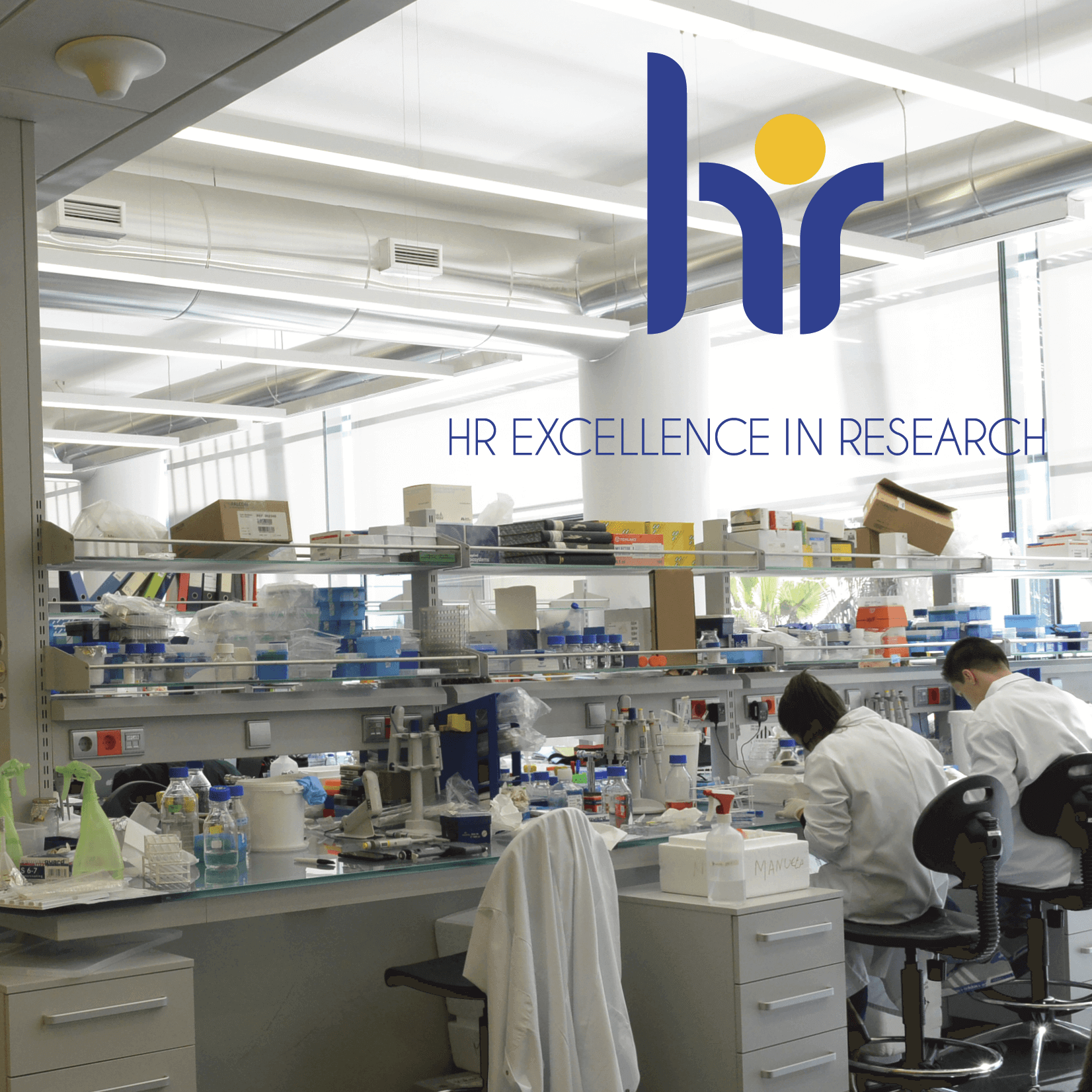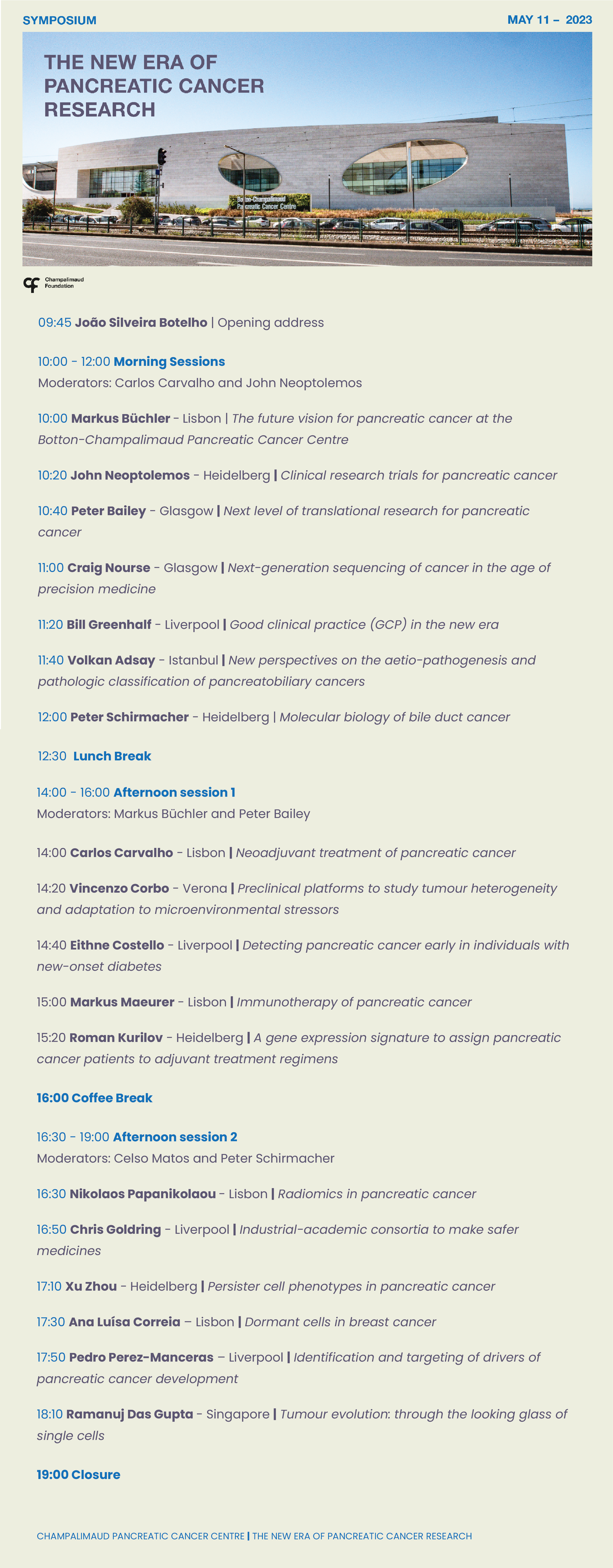23 August 2023
Bouncing back from mistakes: how brain state improves decisions
The Constant Chatter of Neurons
“The brain isn’t like a computer that turns off when it’s not doing a particular task”, explains Alfonso Renart, the senior author of the study published in eLife. “There’s always a kind of background hum, a baseline activity that can sometimes make it seem as if the brain is chattering to itself”. The team’s study lifts the lid on how that baseline activity, the continuous stream of electrical impulses sent by neurons, impacts behaviour and decision-making.
25 May 2023
How animals use smell to determine the identity and position of other animals
Many animals rely on smell to identify and locate objects in their surroundings and to respond appropriately. To investigate this phenomenon further, Greg Jefferis’ group in the LMB’s Neurobiology Division established a collaboration with the Behavior and Metabolism Lab, lead by Carlos Ribeiro, at the Champalimaud Foundation (CF) and the group of Drosophila Connectomics at Cambridge University and together studied Drosophila flies.
15 May. 2023
Master's Student fellowships - “NextGenAI: Center for Responsible AI”

Application Starts: 15 May. 2023
Application Ends: 05 Jun. 2023
A Call for four fellowships for Master's Students is open at Fundação D. Anna de Sommer Champalimaud e Dr. Carlos Montez Champalimaud (Champalimaud Foundation) in the context of the project entitled “NextGenAI: Center for Responsible AI”, with reference “PRR” - from the call Nº “crAI 64”, funded by the “Agendas Mobilizadoras para a Inovação Empresarial, Plano de Recuperação e Resiliência, Next Generation EU, IAPMEI”. We are a group of neuroscientists and machine learning experts at the Champalimaud Foundation with scientific partners covering a broad range of domain expertises.
11 May 2023
A new maestro identified in gastric cancer cell communication
The work, recently published in prestigious scientific journal PNAS, also shows that this molecule, which is transported by extracellular vesicles produced by tumor cells, directs these vesicles to the liver and lung, precisely the organs where it is common for stomach cancer metastases to appear. With these discoveries, the team contributed to the understanding of a new communication mechanism of tumor cells, thus identifying a potential new goal in developing targeted therapies to stop metastasis.
02 May. 2023
Research Technician or Master Student in Vision to Action Laboratory

Application Starts: 02 May. 2023
Application Ends: 25 May. 2023
Champalimaud Foundation (Fundação D. Anna de Sommer Champalimaud e Dr. Carlos Montez Champalimaud), a private, non-profit research institution in Lisbon, Portugal, is looking for a Research Technician or Master student to join our team at the Champalimaud Research Programme.
The selected candidate will
Perform behavioural and functional imaging experiments with zebrafish larvae and fruit flies in a project that aims to elucidate how these animals escape predation.
Expected position starting date
1st June 2023
Champalimaud Research Neuro Symposium 2023
#CRSy23 #BrainBodyWorld23 aims to foster the discussion of how internal states, such as hunger, thirst, and emotion, are generated and regulated by the brain, and how they interact with the body and the external world to drive behaviour.
03 May 2023
Can meditating in virtual reality reduce anxiety in breast cancer patients on the verge of having surgery?
Maria (fictional name) has a scheduled surgical intervention to remove a malignant tumour from one of her breasts. She is the pre-op room, waiting to go into the OR, where the surgery will be performed under general anaesthetics. No wonder she feels anxious, her heart beats very fast, and she is unable to think about anything else right now. Her blood pressure is also going up.

